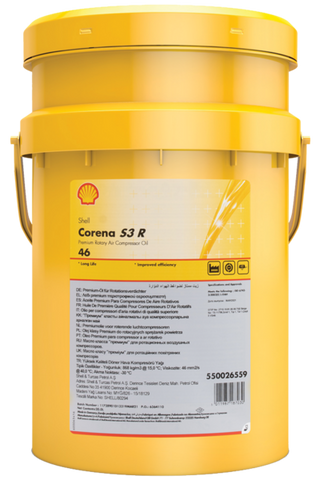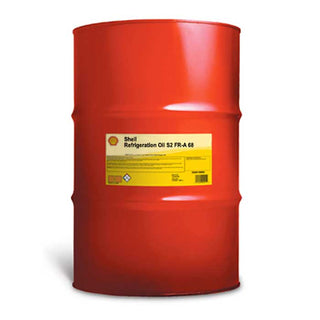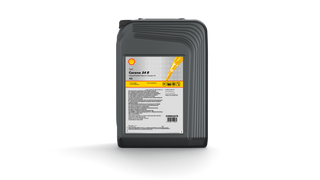Compressor Oils
Sort + Filter
4.591,76 zl PLN | 4.833,43 zl PLN
Which compressor oil?
The choice between mineral and synthetic compressor oil depends on many factors, including the type of compressor, its application, operating conditions, budget and performance expectations. Below is a brief comparison of both types of oils, which should help you make the right choice.
Mineral oil for the compressor :
Mineral oil is one of the oldest types of oil used in compressors. It is made from refined crude oil and consists mainly of paraffinic, cyclic and aromatic hydrocarbons. Advantages and limitations of mineral oil:
Advantages of mineral oil:
- Low price: Mineral oils are usually less expensive than synthetic oils, which reduces compressor running costs.
- Widespread Availability: Mineral oils are widely available in the market, making it easy to supply and replace the oil in the event of compressor maintenance or repair.
- Good stability under high loads: Mineral oils have acceptable thermal stability, allowing the compressor to operate efficiently in many applications.
- Compatibility: Mineral oils are generally compatible with a variety of materials found in compressors, including seals, rubber and metals.
Limitations and disadvantages of mineral oil:
- Lower Efficiency: Mineral oils have lower efficiency compared to synthetic oils, which can result in more wear and require more frequent oil changes.
- Limited protection under severe conditions: For compressors operating at extremely high temperatures, extreme loads or demanding applications, mineral oils may not provide sufficient protection.
Synthetic compressor oil :
Synthetic oil is created in laboratories through chemical reactions that produce specially designed molecules. The chemical composition of synthetic oils is controlled, which allows for more uniform and advanced properties. Here are the advantages and limitations of synthetic oil:
Advantages of synthetic oil:
- Higher Efficiency: Synthetic oils have excellent lubricating properties, resulting in reduced friction and wear, longer drain intervals and increased compressor life.
- Resistance to high temperatures: Synthetic oils are characterized by excellent thermal stability, thanks to which they maintain their lubricating properties even at very high temperatures.
- Better protection and quieter operation: In demanding applications such as petrochemical, pharmaceutical, food, refrigeration and air conditioning systems, synthetic oils offer better protection against wear and corrosion.
Synthetic Oil Limitations:
- Higher cost: Synthetic oils tend to be more expensive than mineral oils, which can be a challenge for some budgets.
- Less Availability: Synthetic oils may be less available than mineral oils in some regions.
In conclusion, the choice between mineral and synthetic oil depends on the individual needs and requirements of the compressor and its application. If your compressor operates under standard conditions and is on a budget, mineral oil may be the right choice. However, if the compressor operates in demanding conditions, requires higher efficiency and protection, and the cost is not a constraint, it is worth considering the use of a synthetic oil. In any case, it is important to follow the compressor manufacturer's recommendations for selecting the correct lubricating oil to ensure optimum compressor performance and life.
Why is it important to use the right compressor oil?
Using the right oil in a compressor has many more benefits than its main function of protecting the mechanical components and the engine itself:
- Heat absorption: compressor oil allows the absorption of heat from the compression phase and operation at lower temperatures.
- Oxygen Reduction: Additives in air compressor oil slow down oxidation and acidification processes.






















